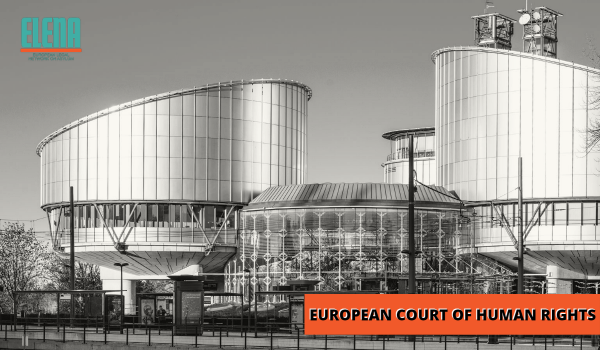On the 9th of March 2023, the European Court on Human Rights (ECtHR) ruled in its case Z.A. v. Ireland no. 19632/20. The case concerned a Nigerian national with temporary residency in Ireland which he received first as a dependent of his mother, an Irish citizen, and subsequently in his own right. The renewal of his permit was rejected when criminal proceedings against him were pending.
The ECtHR assessed the case under Article 8 of the ECHR and made two preliminary remarks. First, the Court stated that the Maslov principles concerning expulsions of young adults are of limited relevance as the deportation proceedings and ECtHR’s examination occurred when the applicant was an adult. Second, the Court took into consideration that the applicant left the country voluntarily to pursue his career.
The ECtHR accepted that the deportation order interfered with the applicant’s private life and focused on examining the proportionality of the measure. It noted that the applicant initially had strong ties to Ireland which diminished when pursuing his career abroad; the sexual offence cannot be considered as an act of juvenile delinquency; and that while Ireland treated the traffic offences as not serious, the applicant committed them while his criminal proceedings were still pending thus showing a continued disregard for the laws of the State. Lastly, the ECtHR highlighted the indefinite duration of the deportation order and ambiguity of caselaw regarding whether the applicant is required to show a change in circumstances in order to have it revoked, but stressed that the applicant could address this issue when requesting a revocation of the order. Hence, the issue of the indefinite duration does not affect the Court’s assessment that the deportation order falls within Ireland’s margin of appreciation and so there is no violation of Article 8.

